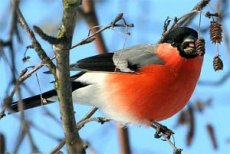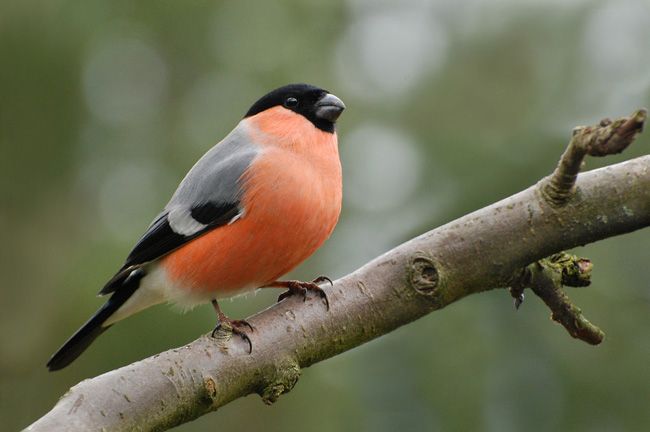New publications
Wild birds make a man happy
Last reviewed: 01.07.2025

All iLive content is medically reviewed or fact checked to ensure as much factual accuracy as possible.
We have strict sourcing guidelines and only link to reputable media sites, academic research institutions and, whenever possible, medically peer reviewed studies. Note that the numbers in parentheses ([1], [2], etc.) are clickable links to these studies.
If you feel that any of our content is inaccurate, out-of-date, or otherwise questionable, please select it and press Ctrl + Enter.

For a person in an urbanized society - with its constant rush, endless stream of cars, asphalt, iron, concrete - a few hours spent in nature certainly become a breath of fresh air. Many of us do not often get to get out of the city to fully enjoy the beauty of untouched nature, but even a short walk in a city park can lift your spirits, add strength and energy.

In recent years, British scientists have become increasingly interested in the impact of parks and other green spaces on human well-being. Now they have reached a separate component of these ecosystems - birds. This week, at the annual meeting of the British Ecological Society, the question of the impact of wild birds that live in urban green spaces on human health and well-being was raised.
University of Reading PhD student Natalie Clarke, who led the research team, explains the aim of the study: “Most of us experience positive emotions when we see birds in our natural habitat, we are always happy to see bullfinches on New Year’s Eve or watch the mallard at our local pond with benevolent curiosity. But we know next to nothing about how important these birds are to us, how they affect our mood and overall well-being.”
"Any positive impact birds have on people's lives could soon be under threat as wild bird numbers in the UK have declined significantly since, for example, the 1970s," Clarke says.
If the researchers can prove the positive value of birds for humans, this discovery could become an additional trump card in the hands of organizations fighting to preserve wild bird populations in urban areas.
“We can say that a significant proportion of the UK population cares about the fate of wild birds, as more than 60 per cent of people with their own gardens feed birds. We now need to find out and understand just how great a positive impact birds have on people in the UK. Based on the results of this research, we can work to conserve bird numbers so that their beneficial effects can be felt by future generations. This is especially important at a time when many of us are generally satisfied with our economic standard of living, which allows us to look at ways of improving our overall standard of living in other areas, including the environment,” says Clarke.
In the course of the study, representatives of the University of Reading, as well as the University of East Anglia and the University of Chicago, are surveying the population of Great Britain using specially prepared questionnaires. Scientists are interested in how often city dwellers visit green areas and for what purpose. The researchers are also finding out how important the presence of feathered fraternity is for people who visit green areas.
"A beautiful bullfinch flying over your lawn may be more important than you might imagine," says Natalie Clarke.
Full results of the study should be available this spring.
